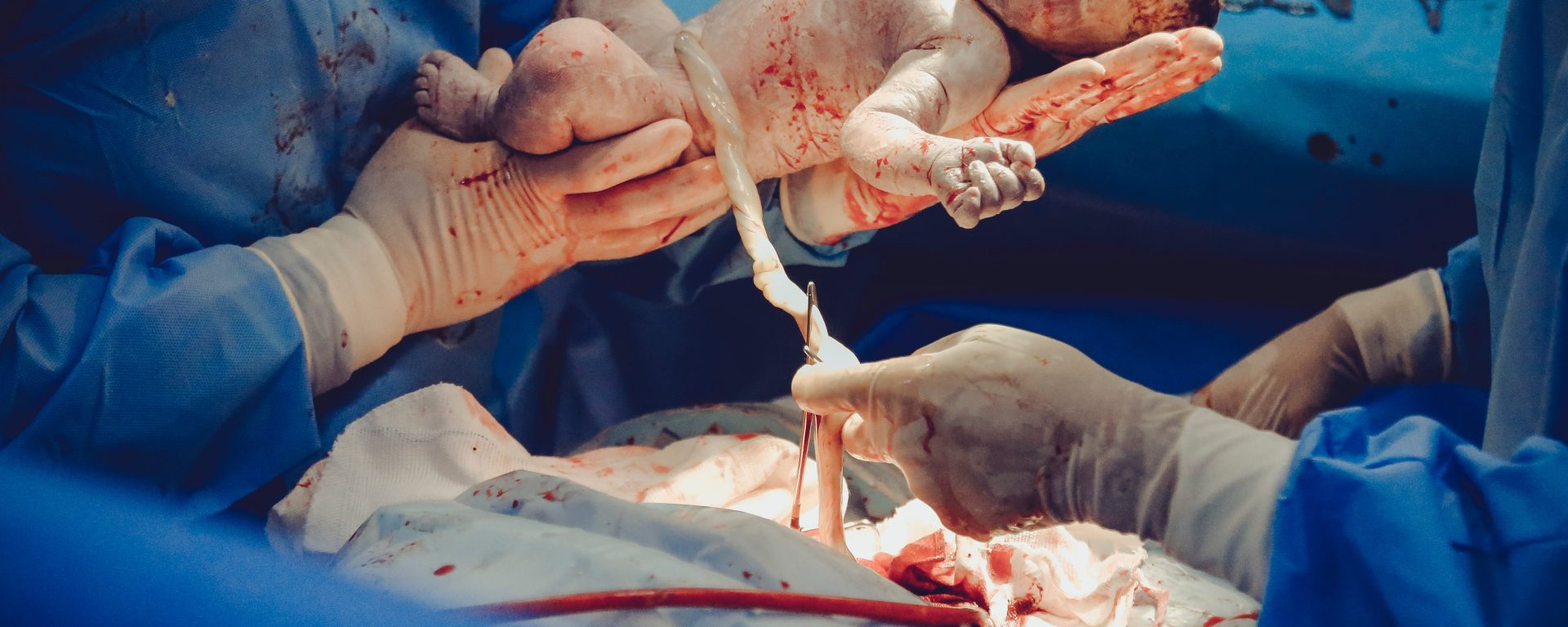In 2020, a clinical trial conducted by Abadian at Valiye Asr Hospital in Tehran, Iran, researchers aimed to explore the comparative effects of massage and music interventions on fatigue in mothers with premature newborns in neonatal intensive care units (NICUs).
The study employed a clinical trial with a crossover design, involving 41 mothers with premature neonates hospitalized in the NICU. The participants were randomly assigned to either the massage-first or music-first group. Both groups received both music and massage interventions, with the order of administration being the only variable. Fatigue levels were assessed using the Multidimensional Fatigue Inventory before and after the interventions. Data were analyzed using SPSS version 16 and repeated-measures analysis of variance.
The Multidimensional Fatigue Inventory scores revealed mean values of 66.90 ± 6.23 after music, 55.78 ± 6.65 after massage, and 54.71 ± 6.81 for the control group. Statistical analysis demonstrated a significant difference in mean fatigue scores between the control group and both the music and massage intervention groups (P < .001). However, there was no significant distinction between the music and massage groups (P = .780).
In this specific cohort, the findings suggested that both massage and music interventions contributed to a reduction in fatigue among mothers with preterm newborns in the NICU. These results highlight the potential benefits of incorporating such non-pharmacological interventions into the care of mothers in similar situations, emphasizing the importance of holistic approaches in neonatal care. Further research may delve into optimizing the integration of massage and music strategies to enhance their effectiveness and promote maternal well-being in NICU settings.
Reference: Abadian, L., Pouraboli, B., Ranjbar, H., Shariat, M., Otadi, K., & Nia, N. A. (2020). Comparison of the Effect of Massage and Music on Fatigue in Mothers With Premature Newborns Admitted to the Neonatal Intensive Care Unit: A Randomized Clinical Trial. Journal of Chiropractic Medicine, 19(4), 241-248.
